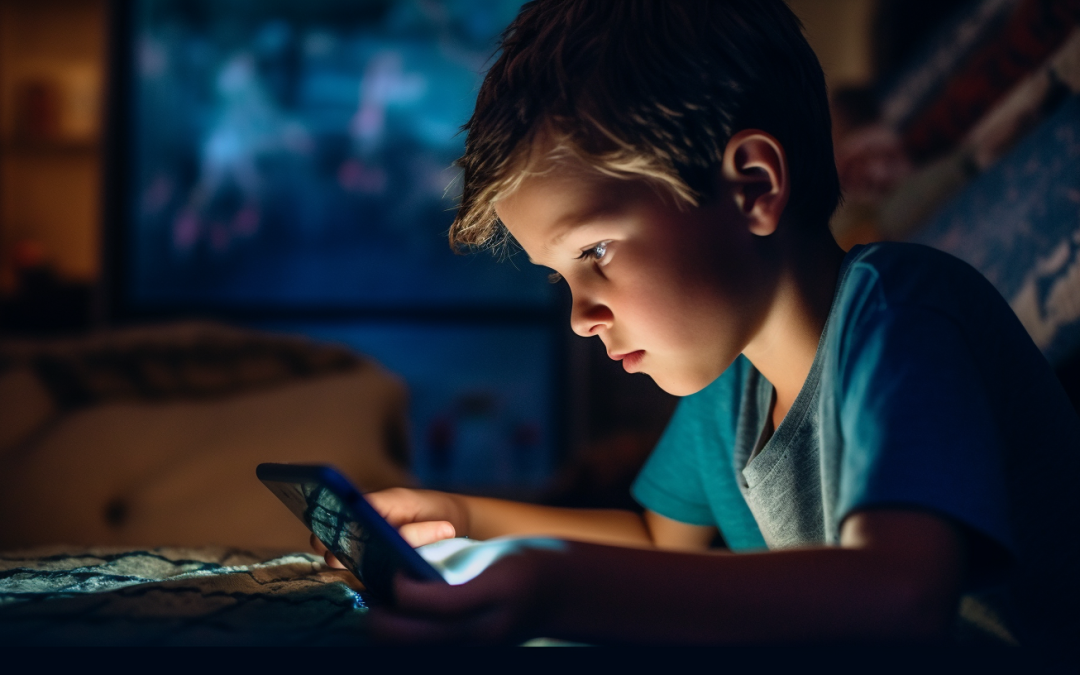
Singapore - The Singaporean government has issued stricter guidelines on screen time for children, aiming to combat the growing health risks associated with excessive device usage. The new rules, part of the "Grow Well SG" initiative, emphasize reducing screen time and minimizing background exposure, particularly for young children.
Key Changes:
No Screen Time for Infants: Children under 18 months are prohibited from any screen use, including background exposure from televisions.
Limited Screen Time for Older Children:Children aged 3-6: Screen time limited to less than one hour per day.
Children aged 7-12: Screen time limited to less than two hours per day.
No Unrestricted Access: Parents are advised against giving young children unrestricted access to mobile devices and to completely avoid social media access.
Background Screen Use Prohibited: Background screen use, such as having the television on while children are present, is strongly discouraged.
School Measures:
Pre-schools: New Code of Practice mandates no screen time for infants and limits screen use for older children to educational purposes only.
Primary and Secondary Schools: Stricter guidelines on smartphone and smartwatch usage, including designated storage areas and limited use during lessons.
Rationale:
Growing Concern: Research has shown a strong correlation between excessive screen time and cognitive development issues in young children, including poorer language skills and shorter attention spans.
Health Risks: Excessive screen time contributes to inactive lifestyles, poor nutrition, inadequate sleep, and reduced social interaction, all of which impact children's physical and mental well-being.
Government Support:
The Health Ministry, Ministry of Education, and Ministry of Social and Family Development are collaborating to implement the new guidelines and promote healthier lifestyles among children.
Parental Response:
Parents like Junior Ong, while acknowledging the need for stricter rules, recognize the challenges of implementing them consistently.
International Context:
Singapore's initiative follows similar moves in other countries, including Brazil's ban on smartphones in schools and Australia's strict social media access restrictions for under-16s.
Focus on Prevention:
The "Grow Well SG" initiative aims to address the issue proactively, focusing on preventative measures to ensure the healthy development of Singapore's children.
This article provides a concise overview of the new screen time guidelines and their implications for children and families in Singapore.
[Copyright (c) Global Economic Times. All Rights Reserved.]






























